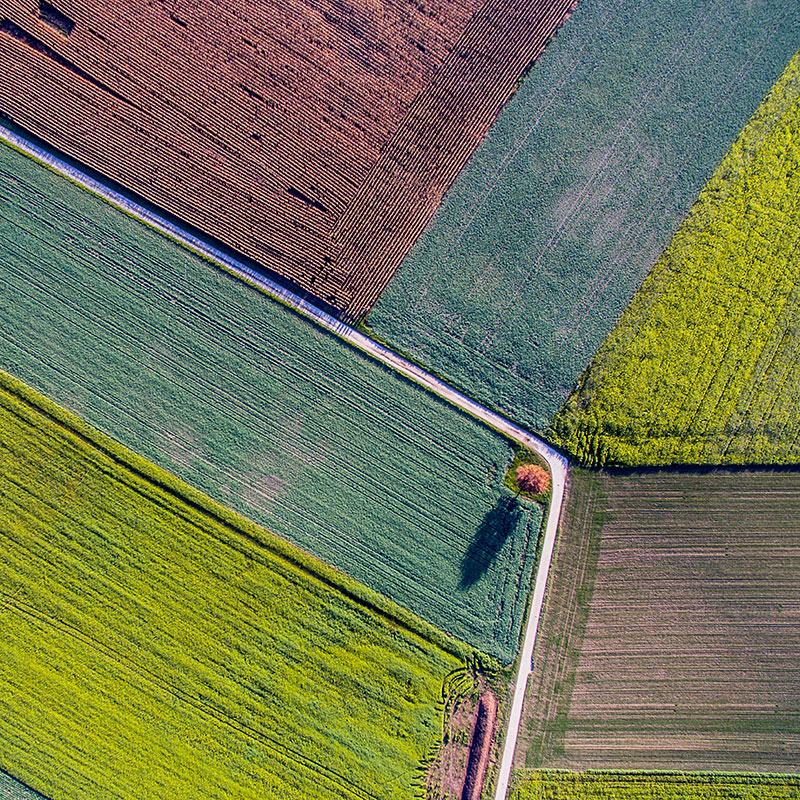Permaculture Principles – The Path to Sustainable Farming

Permaculture, a term coined in the 1970s by Bill Mollison and David Holmgren, refers to the development of agricultural ecosystems intended to be sustainable and self-sufficient. It integrates land, resources, people, and the environment through mutually beneficial synergies—mimicking the no-waste, closed-loop systems seen in diverse natural ecosystems.
Permaculture’s principles include care for the earth, care for people, and fair share (returning surplus to the system). It promotes techniques such as companion planting, mulching, and water conservation methods like graywater recycling and smart irrigation. These practices enhance biodiversity, soil fertility, and ecosystem resilience
Globally, permaculture has seen wide adoption across various climates and regions. Countries in Europe, Australia, and North America have active permaculture communities, and there are numerous projects in Asia, Africa, and Latin America. For instance, initiatives in dryland areas and tropical regions have demonstrated permaculture’s adaptability and efficacy in different environmental contexts.
The success of permaculture lies in its holistic approach to farming and land management. By focusing on natural processes and ecological balance, permaculture reduces dependency on chemical inputs and fosters a sustainable way of living. This approach not only addresses immediate agricultural challenges but also contributes to long-term environmental health, making it a key strategy for future sustainable farming worldwide.
To find out more about Permaculture visit https://shorturl.at/jlGUB
#KSEInspired #Permaculture #SustainableFarming #EcoFriendly #HolisticAgriculture #GreenLiving
Image Jean Wimmerlin / Unsplash
